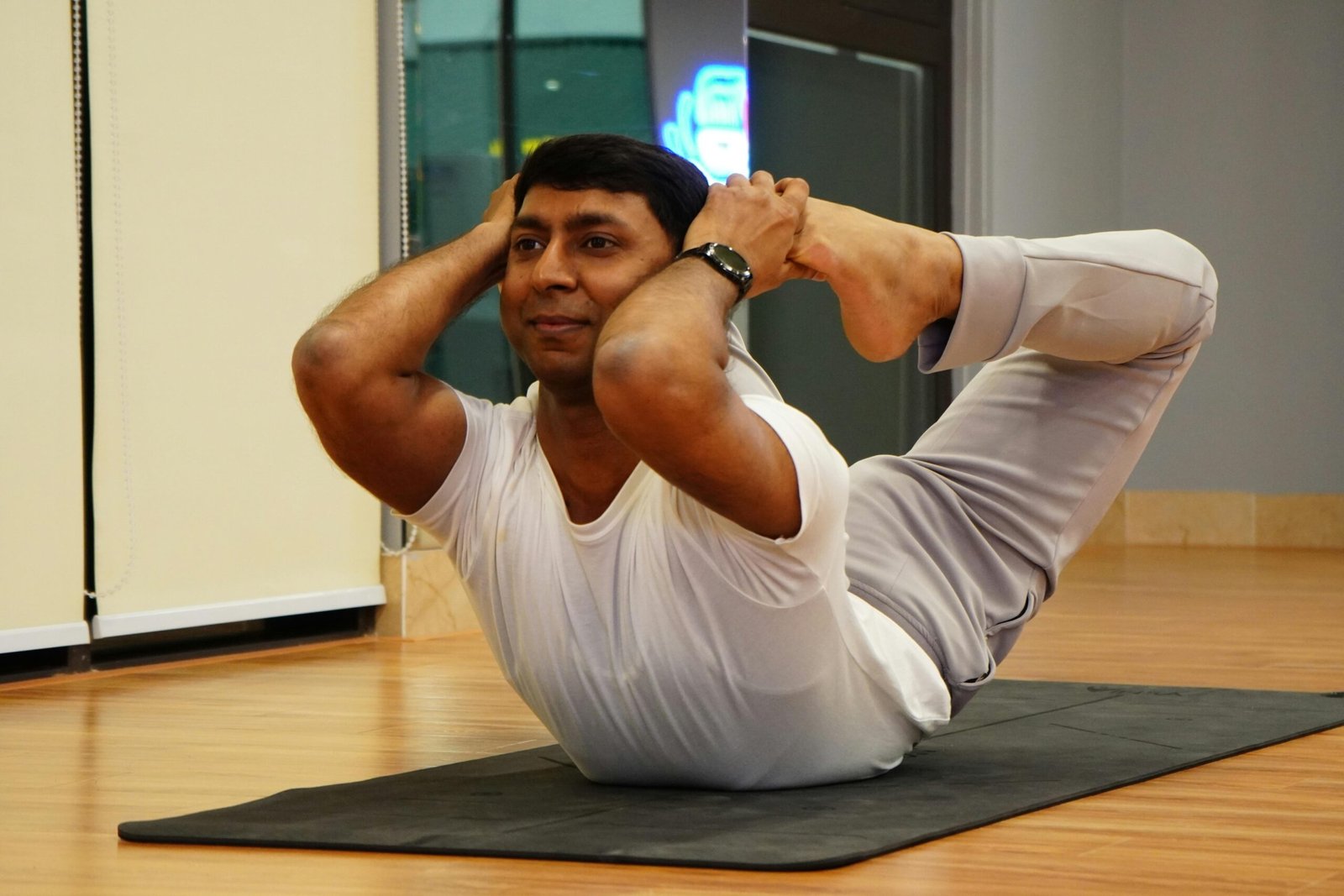According to the findings of a historic research that could change global health guidelines, exercise can prevent tumors from returning, lower the likelihood of cancer patients dying by a third, and be even more successful than medications.
Doctors have advised leading a healthy lifestyle to reduce the risk of cancer for decades. However, until date, there has been limited support for integrating exercise into patients’ routines and little proof of the potential effects it may have after diagnosis.
A planned exercise program following treatment can significantly lower the chance of dying, the disease returning, or acquiring a new cancer, according to a world-first trial that included patients from the US, UK, Australia, France, Canada, and Israel.
The findings were published in the New England Journal of Medicine and presented in Chicago at the annual meeting of the American Society of Clinical Oncology (Asco), the biggest cancer conference in the world.
One of the leading cancer specialists in the world stated that, for the first time in medical history, there was convincing proof that exercise was even more effective than many of the medications now used to treat cancer in preventing mortality and recurrence.
Despite not participating in the ten-year trial, Asco’s chief medical officer, Dr. Julie Gralow, stated that the findings were of the “highest level of evidence” and would cause “a major shift in understanding the importance of encouraging physical activity during and after treatment.”
According to the experiment, patients who started an organized exercise program with the assistance of a personal trainer or health coach after finishing treatment had a 28% reduced chance of having new or recurrent cancers and a 37% lower risk of dying. This was in contrast to patients who merely received health advice.
When asked to explain how exercise affects the results of cancer patients, Gralow responded, “We titled [the session it was presented in] As Good as a Drug. I would have retitled it Better than a Drug, because you don’t have all the side-effects.”
“Many drugs that receive approval for this kind of benefit—a 28% reduction in the risk of occurrence and a 37% reduction in the risk of death—have the same magnitude of benefit. Drugs that receive approval for less than that are costly and toxic.”
Three decades ago, when I began, we were still being nice and telling them not to overdo it while receiving chemotherapy. That has been reversed,” she continued. “I believe that exercise is superior to drugs.”
Between 2009 and 2023, 889 participants with colon cancer were recruited for the experiment. Ninety percent had stage three illness. Patients were randomized to either a healthy lifestyle pamphlet (444), or to participate in a structured exercise program (445).
In the exercise group, participants engaged in coaching sessions and supervised exercise sessions with a personal trainer twice a month for three years, then once a month after that.
To help them reach their fitness objectives, the exercise group received coaching and support. Although patients may chose how they become more active, their weekly goal was the equivalent of three to four 45–60 minute walks. For example, some people went skiing or kayaking.
Patients in the exercise group were 28% less likely than those in the other group to have new or recurrent malignancies after five years. Additionally, the same patients who received the healthy lifestyle booklet had a 37% lower chance of dying after eight years.
The lead author of the study, Dr. Christopher Booth of Queen’s University in Kingston, Canada, stated that approximately 30% of patients with high-risk stage two and stage three colon cancer will eventually experience a recurrence of their disease after completing surgery and chemotherapy. “As oncologists, one of the most common questions we get asked by patients is ‘what else can I do to improve my outcome?'”
“These findings now give us a clear answer: a personal trainer-assisted exercise program will improve your health, lengthen your life, and lower your risk of developing new or recurring cancer.”
According to Prof. Charles Swanton, chief clinician at Cancer Research UK, which provided funding for the study’s UK component, “This intriguing study demonstrates how exercise can improve people’s health and increase their chances of surviving cancer after treatment.” Patients gain greatly from exercise as an intervention that isn’t a medication.
“The results indicate that oncologists should think about suggesting a structured exercise program after surgery to improve people’s chances of survival,” Swanton continued, adding that for some patients, “physical activity can be a gamechanger that shifts the course of their recovery.”
It’s crucial to keep in mind, though, that not everyone benefits from exercise. Cancer patients should see their physician before beginning any new physical activity, in my opinion.
According to Chicago oncologists, the findings are expected to alter medical practice globally, with physicians being encouraged to talk to their patients about fitness routines after treatment.
Despite the fact that this study exclusively tracked patients with colon cancer, Gralow stated that there was no reason to believe the results would not apply to other types of cancer. Although Booth acknowledged that additional cancer trials would be required, the data from this study indicated that the exercise group had a decreased incidence of prostate and breast cancer.
Exercise is a no-brainer as an intervention and ought to be widely used, according to Yale School of Medicine Dr. Pamela Kunz.
Prof. Sir Stephen Powis, NHS England’s national medical director, responded to the findings by calling it “really exciting” that customized exercise following treatment could be “life-changing.”





